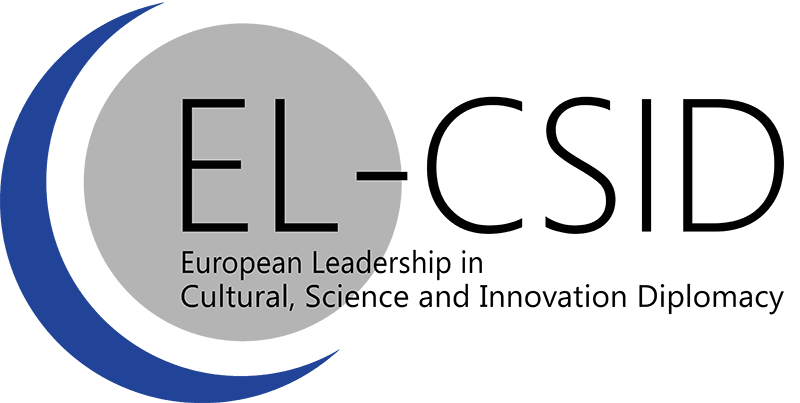Book Chapters

Global Governance Depoliticized: Knowledge Networks, Scientization, and Anti-Policy
In: Anti-Politics, Depoliticization, and Governance (OUP, 2017)
Diane Stone
In this chapter on the processes of de-politicisation in global policy development and delivery, global governance is defined through a four-fold dispersion of power and authority: first, a horizontal inter-governmental policy cooperation between officials and political leaders of nation-states whereby sovereignty remains a core value; second, a vertical trans-governmental collaboration of national officials with international organisations and international civil servants; third a diagonal cooperation across the public sector in collaboration with private actors in global civil society, business, the professions and knowledge industries; and fourth, unilateral private initiatives to build global governance. De-politicisation arises from lack of public comprehension of a bewildering array of disconnected governance architectures on the one hand, and from technocratic distancing tactics on the other practiced by international civil servants, government officials and various experts. The discussion links de-politicisation to ideas of technocracy and growing ranks of ‘experts’ who reconfigure their power in novel manner via transnational networks, global policy programs and trans-governmentalism.

Making Global Health Governance Work: Recommendations for How to Respond to Ebola
In: International Security in the 21st Century: Germany's International Responsibility (BUP, 2017)
Stephan Klingebiel & Annamarie Bindenagel Šehović
The Ebola pandemic again raised the spectre of a global health crisis as a crisis of global proportion and of global concern. While the 2014–2015 pandemic was locally concentrated, it required responses on a local scale with a global scope. Its trajectory was the subject of volatile predictions, confused communication, imperilled responses and panic. It presented at once a health crisis, with severe economic repercussions, and a threat to peace and security, especially in the region and even beyond. It remains a lesson for global health post-Ebola as well. This chapter analyses the response to the Ebola pandemic and formulates recommendations on how to tackle such crises more efficiently in the future.
Partners to diplomacy: Transnational experts and knowledge transfer among global policy programs
In: The Politics of Expertise in International Organizations (Routledge, 2017)
Diane Stone
The core argument of this chapter is that expert knowledge is increasingly co-terminous with governance whereby experts in transnational policy communities (TPCs) co-author and co-construct specific global policy institutions such as global and regional partnership programs (GRPPs). TPCs not only engage in extensive networking to share scientific knowledge, but build their own bureaucratic expertise and capacities for making authoritative judgement. Taking this approach towards knowledge(s) that must be translated, helps undermine the frequently encountered ontological separation between the scholar and the policy practitioner, between knowledge and power. Policy-making and knowledge-making are seen as mutually constituted. This becomes manifest in practices such as ‘science diplomacy’ (Davis and Patman, 2015; Fähnrich, 2015).
For further information or for purchase, please consult the Routledge website.





